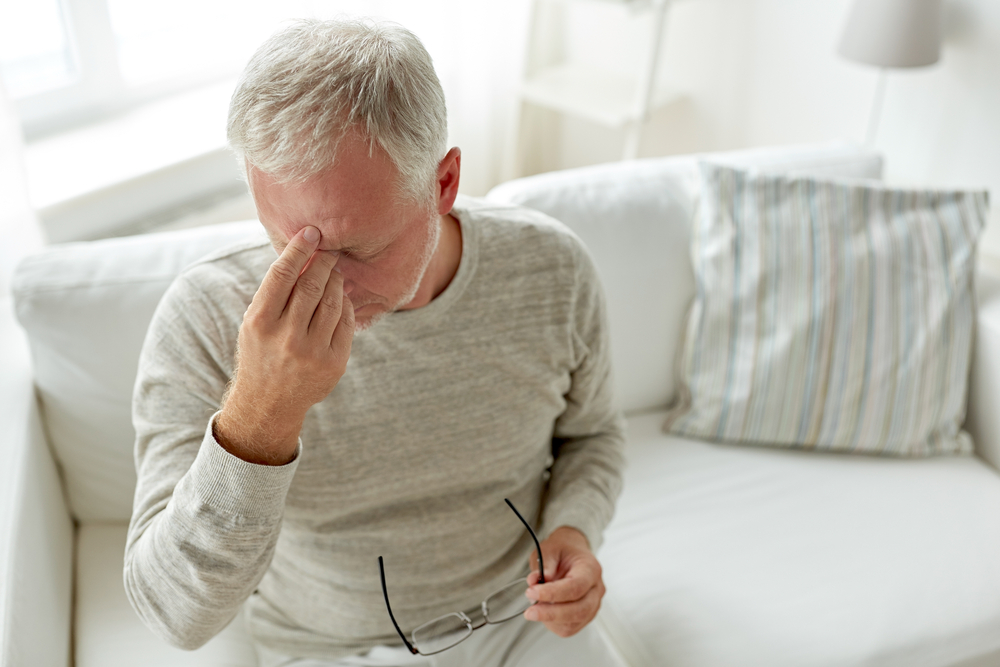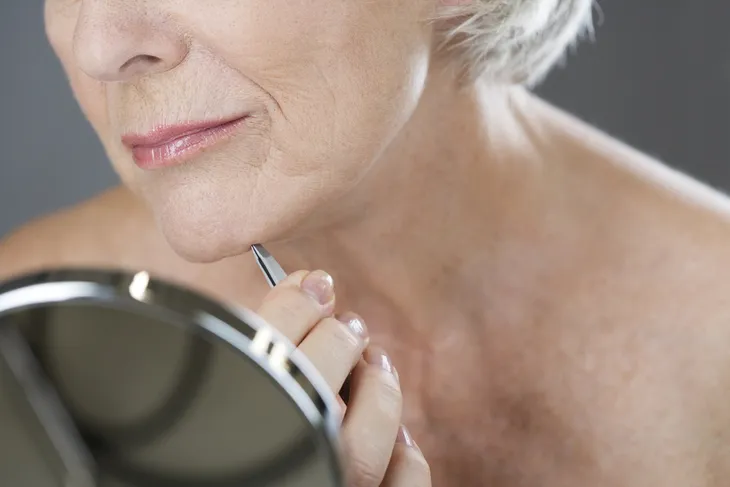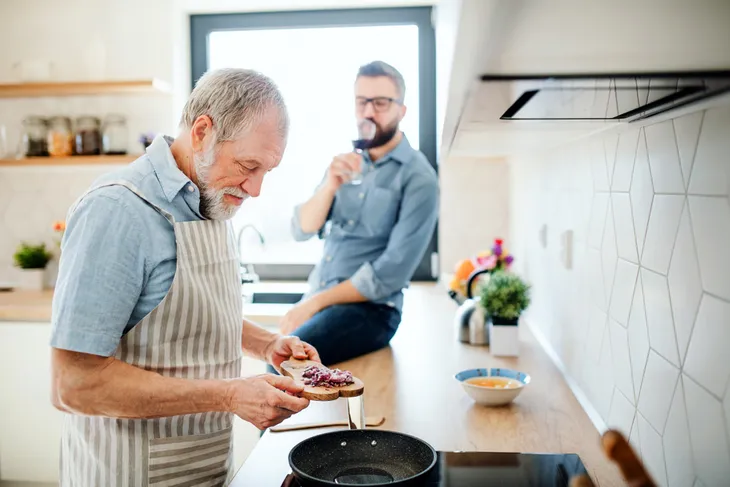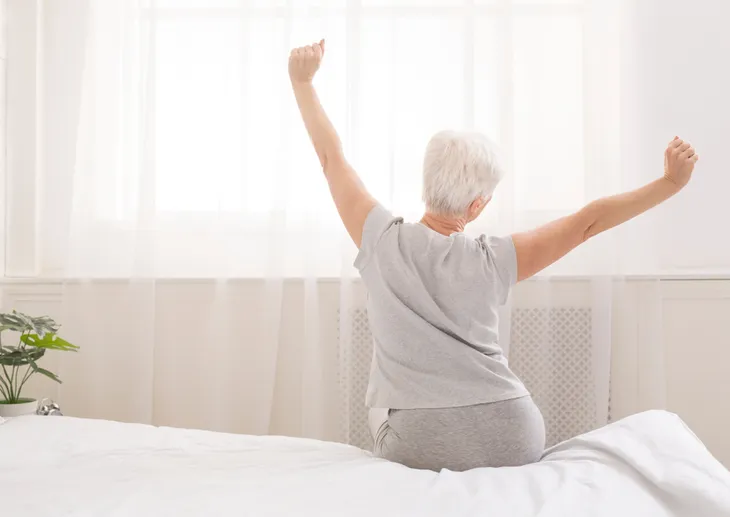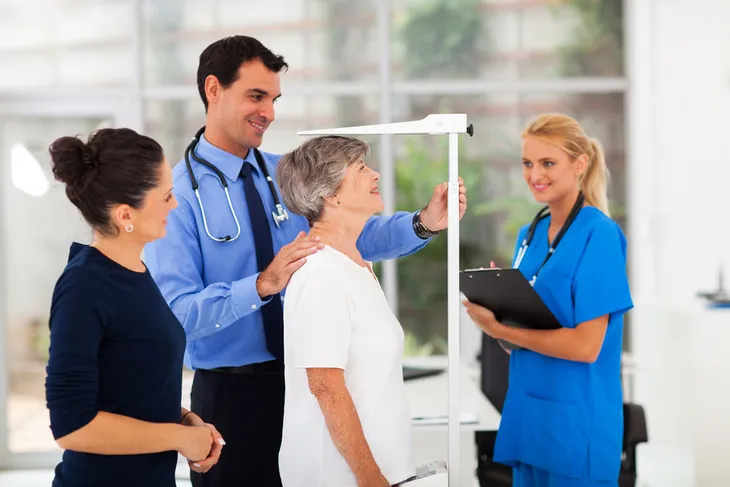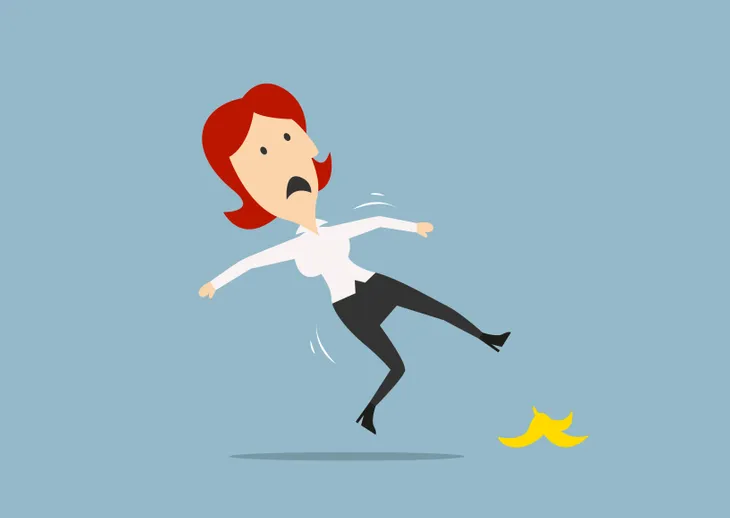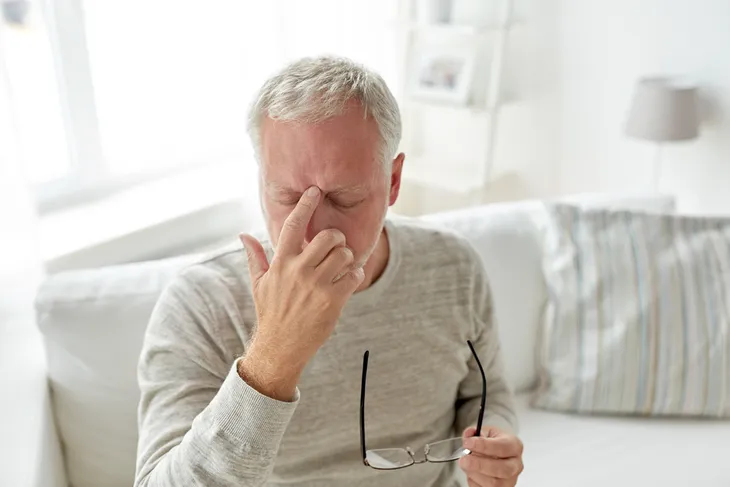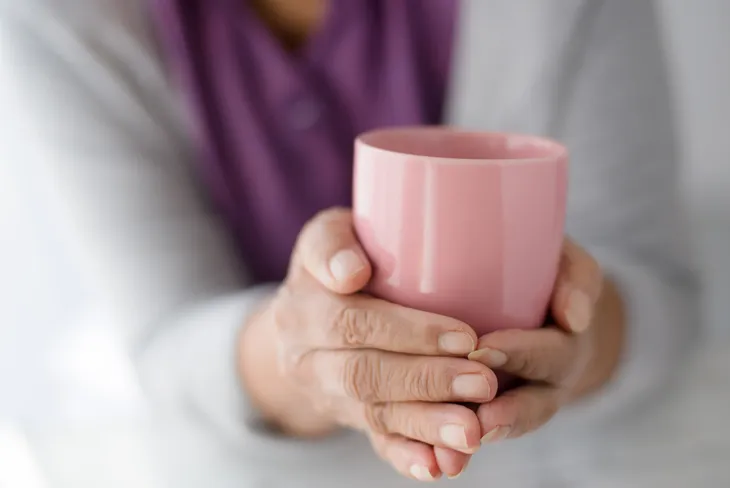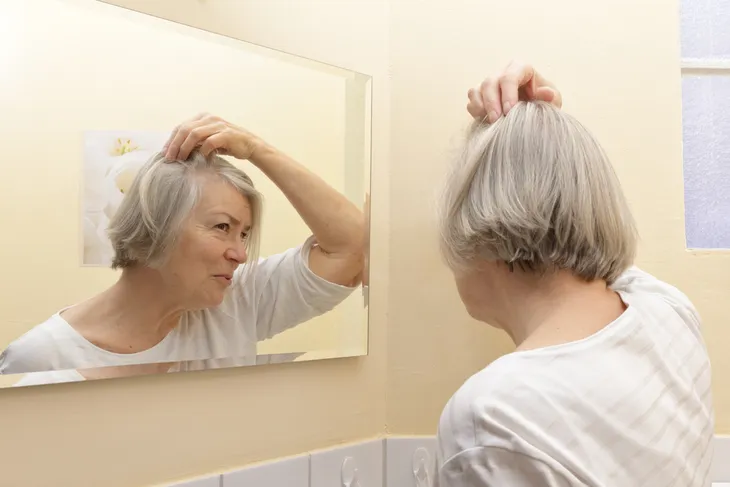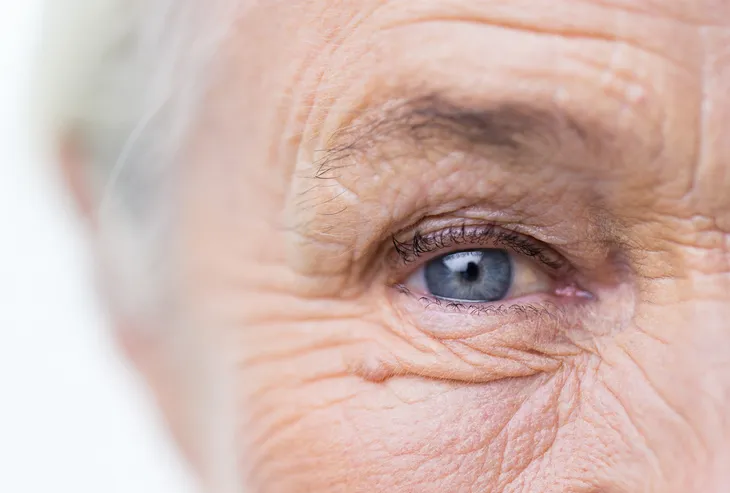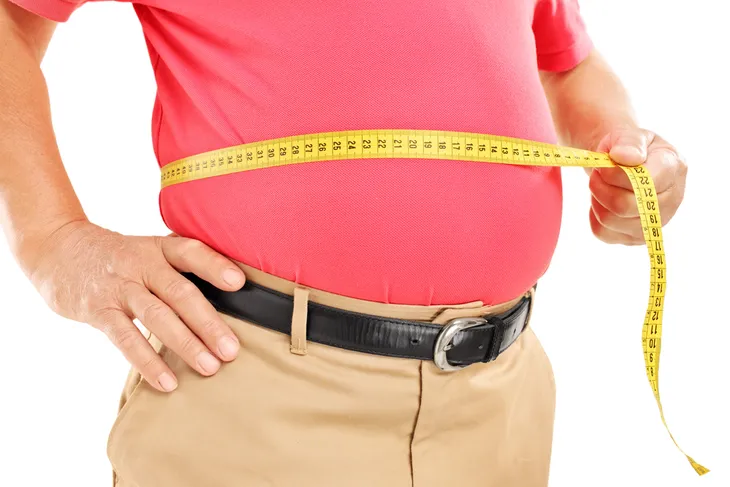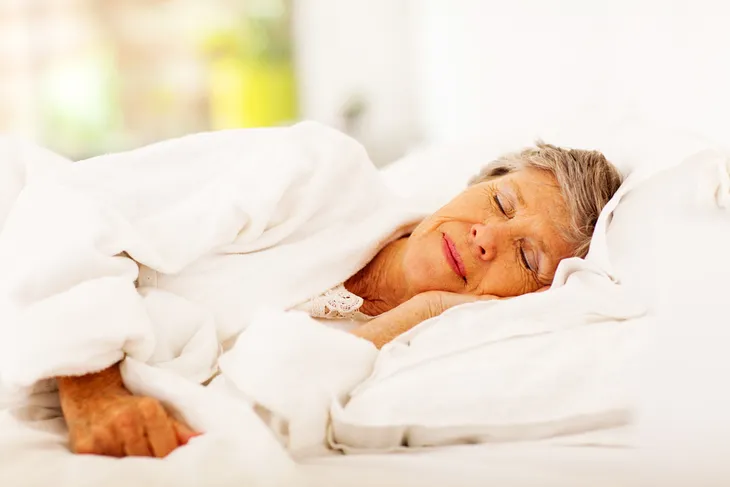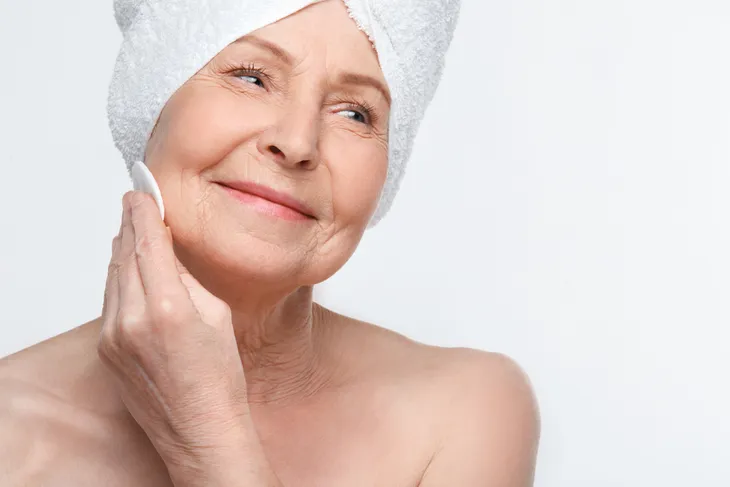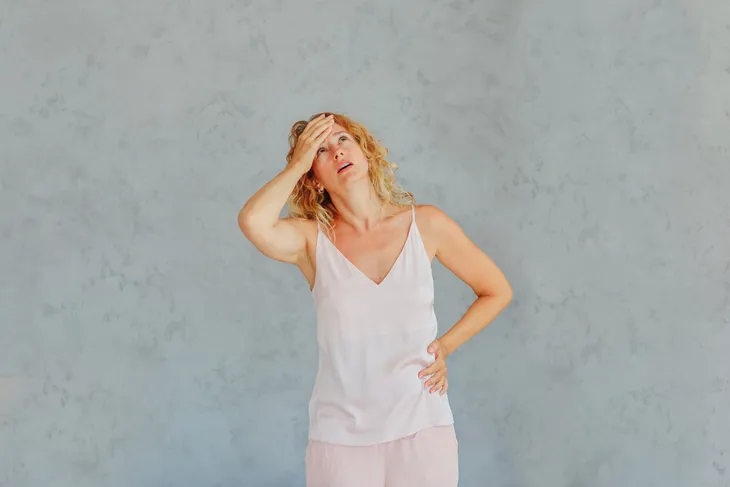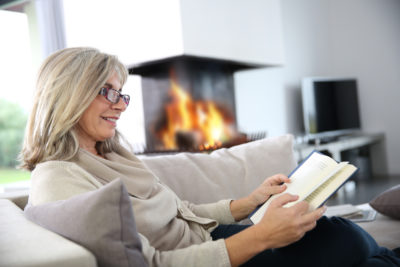Aging has become a lot easier these days as people are not only living longer, but they are healthier too! It’s one of those things that we can’t escape, no matter how hard we try, so it’s best to just embrace it when the time comes. While there are many things we can do to make it as smooth as possible, it’s also out of our control in the sense of when it starts to wholeheartedly hit us.
For the most part, we all know what to expect when it comes to aging. There are some aches and pains, a few wrinkles, and things tend to slow down a little. But what about all those things people don’t warn us about like facial hair, belly fat, or the fact that we might lose a few inches…in our height? Yikes! This article is going to dive into all those little tidbits of information that people don’t talk about when it comes to aging. Check it out…
Facial Hair
Our hair does some funny things as we age. It begins to disappear in other places like our head (we’ll get into that more later on), but then also shows up in other strange places like our face! This one is more alarming for women as they’ve often never experienced facial hair before, but it also happens to men.
According to WebMD, older women will notice small hairs showing up on their chin, while men experience a surge of hair in their nose and ears. This is all a result of a change in hormones.
Your Senses Can Change
You’d think as a person ages they become better at certain things, but when it comes to our senses, they actually somewhat diminish. WebMD explains that our senses are affected with age and it’s likely due to the fact that we’re often on medications, suffering from some kind of illness (cold, flu, gum diseases, etc) or battling allergies — all of which are more prominent with age as well. These are things that can affect diet and health, including our sense of smell and taste buds.
The source recommends battling this by cooking with things that will spice up the flavor like olive oil, rosemary, thyme, garlic, onion, peppers, or mustard. Just be sure to stay away from added excess salt for flavor.
You’ll Become an Early Riser
If you weren’t already a morning person before reaching those golden years, then you will become one! This is probably due to the fact that you’re falling asleep a lot earlier and not staying up as late, but in general, as we age our sleeping patterns shift. We begin waking up earlier which is a good thing because then it allows us to be a little more productive and even though older people wake up earlier, they still get a really good night’s sleep.
WebMD refers to one particular study which found that people over the age of 65 are more likely to wake up in the night, but even with that interruption most still reported having a fairly good night’s sleep.
You Might Shrink
Do you ever feel like you’re shrinking with age or that your grandparents were once taller than they seem now? Don’t worry, it’s not in your head! WebMD confirms that people really do shrink with age.
We’re not talking Honey, I Shrunk The Kids kind of small, but rather a subtle shrinking overtime. This is because the longer a person lives, the more gravity brings them down — literally. According to WebMD, the spaces between the bones in our spine, also known as our vertebrae, get closer and closer. In the end, most people shrink about an inch with age.
You’ll Become Scared of Falling
As we age we tend to become a little more fearful of falling and for good reason! Most seniors injure themselves as a result of falling.In fact, WebMD refers to a study which found that a third of the people over the age of 65 are fearful of falling.
Like many other things in life, WebMD says the key is to not overthink it. Basically, the more a person thinks about falling or is scared of it, the more likely they are to do that thing they are scared of.
Migraines Can Disappear
Do you suffer from frequent migraines? Aging might be the best form of treatment! According to WebMD, people over the age of 70 tend to have less migraines, particularly for people who experienced them frequently in their younger years. “Only 10-percent of women and 5-percent of men over 70 still report migraines,” writes the source.
What’s even better is that these migraines aren’t replaced with a headache. They disappear altogether! “As people age, some may experience migraines as visual or sensory disturbances without pain,” says WebMD.
Body Temperature Changes
There’s a reason older people are often seen wearing pants and long sleeves even in slightly warmer temperatures or why they always carry a pair of slippers in their purse. It’s because their body temperatures are slightly colder than those of people who are younger. Once women have gone through their menopausal stage (which by the way can last until the age of 65) and have dealt with all those uncomfortable and sometimes embarrassing hot flashes, they’ll experience cold on a whole new level.
If you didn’t like winter as a young adult, then you really won’t like it as a senior. Huffington Post points out that sometimes their sensitivity to the cold is due to a medical condition. It can be a result of hypertension or diabetes, or medication like beta blockers which is known to reduce the heart rate and blood circulation to hands and feet. It could also be due to a thyroid condition that can affect how a person regulates their body temperature. But more likely it’s just due to the fact that our body temperature changes as we age.
And Less Stressed
We spend a great deal of our lives stressed about things like money, work, family, friendships, relationships, our health, etc. The list goes on and on. Well, we have good news! As we age, we tend to not sweat the small stuff. This is likely due to the fact that older adults have been through a hardship or two by the time they reach their 60s and 70s, so they’re not likely to have a dramatic fit over something minuscule. They are much better at keeping their emotions in check.
WebMD refers to the American Psychological Association’s annual Stress in American Report which found that baby boomers and older adults are much less stressed than their younger counterparts. Now don’t get us wrong, stress doesn’t just totally disappear with age. We’re just saying that older adults are much better at managing stress than younger people.
Your Hair Begins to Thin
Earlier in this article we talked about how aging causes some unwanted hair growth in places like our face which is ironic because where it’s supposed to be, which is one of our heads, it’s thinning! Ken Washenik, MD, PhD, medical director at Bosley, a surgical hair restoration medical practice, and clinical assistant professor of dermatology at New York University School of Medicine told Oprah magazine that 50-percent of postmenopausal women experience hair thinning.
“The reason, again, is more likely the loss of estrogen, which is protective of hair,” writes the source. “You shed some hair naturally every day, but the loss is considered significant if you start to see thinning behind the hairline or your part is widening.”
Even Your Eyebrows!
As if hair loss and hair thinning wasn’t enough, apparently our eyebrows and eyelashes are at risk too! Brow expert Sania Vucetaj tells Oprah magazine that the best way to battle the loss of hair in our eyebrows is to use a pencil or powder to fill in the patchy areas and as the hair on our eyebrows grows longer, try to brush them upwards and trim.
You’ll Gain More Belly Fat
Add this one to the list of unfortunate symptoms that come along with aging. While we all tease men about having beer bellies, it’s not uncommon for even women to experience this effect as they age, and it’s not as a result of beer! Women will find themselves becoming overweight or battling any extra pounds even if they are in good health.
The National Institute on Aging says that the belly fat of aging comes from age-related slowing of the metabolism. This can be a serious problem because no matter how old a person is, being overweight puts them at risk for cardiovascular disease and type 2 diabetes.
You Will Take More Naps
This one might actually sound appealing, but for many older adults the reality is they just don’t have the same energy levels that they did back in the day! Many seniors tend to take a nap during the day and sometimes it’s due to the fact that they can’t always sleep through the night. Once people exceed the age of 65 it often takes them a lot longer to fall asleep and their sleeps aren’t as deep or long as they once were. As we mentioned earlier, for many people, aging means a change in sleep routines. A lot of older adults go to bed earlier and wake up earlier.
The Huffington Post points out that the need for more rest isn’t necessarily because of age, if it’s bad enough it could be due to something else. “Poor sleep and the need to nap are not symptoms of aging; they are symptoms of something else going on with your body that is preventing you from sleeping. It’s vital to figure out what that something else is.” Sleep patterns change as we age, but waking up throughout the night constantly and consistently still isn’t normal, even with age. “People over 65 need about the same amount of sleep as younger adults — seven to nine hours a night.”
Might Get Acne
You might have thought that the embarrassing days of suffering through constant and persistent acne was behind you, but think again! According to Huffington Post, as adults age their skin tends to dry out which makes their skin more prone to acne. A lot of it is due to hormonal fluctuations, same as it was back in the day. Things seem to have a funny way of coming full circle!
“Acne is a clogged follicle or pore. It begins when the pore is blocked and the sebum or oil in your skin can’t work its way out. Bacteria forms, followed by inflammation,” writes the source. “Adult acne can sometimes be triggered by hormonal shifts, food and improper cleansing that allows oil buildup.”
Ladies, Say Hello to Hot Flashes
Huffington Post refers to a study published in Menopause, the journal of The North American Menopause Society (NAMS) which found that 42-percent of women aged 60 to 65 still experience hot flashes from time to time. The severity of these hot flashes varies depending on the person.
For some people they might only be mild, but for others it’s a much more annoying problem. The source notes that other menopausal symptoms that can persist into the senior years are any sexual symptoms. Out of the 2,000 women who were aged 40 to 65, at least half of them were still struggling with problems in the bedroom.
